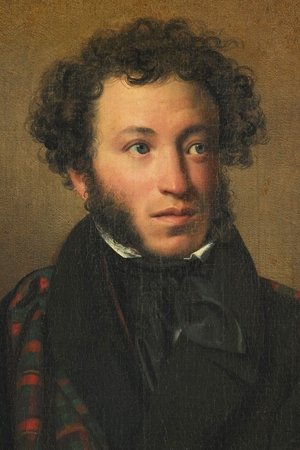
Alexander Pushkin
Aleksandr Sergeyevich Pushkin (1799–1837) was a Russian poet, playwright, and novelist of the Romantic era. He is considered by many to be the greatest Russian poet and the founder of modern Russian literature. Pushkin was born into Russian nobility in Moscow. His maternal great-grandfather was Central-African-born general Abram Petrovich Gannibal. He published his first poem at the age of 15, and was widely recognized by the literary establishment by the time of his graduation from the Tsarskoye Selo Lyceum. Upon graduation, Pushkin recited his controversial poem 'Ode to Liberty', that led to his exile by Tsar Alexander I. While under the strict surveillance of the Tsar's political police, Pushkin wrote his most famous play, the drama 'Boris Godunov'. In 1820, he published his first long poem, 'Ruslan and Ludmila', with much controversy about its subject and style. His novel in verse, 'Eugene Onegin', was serialized between 1825 and 1832. Critics consider many of his works masterpieces, such as the poem 'The Bronze Horseman' and the drama 'The Stone Guest', a tale of the fall of Don Juan. His poetic short drama 'Mozart and Salieri' was the inspiration for Peter Shaffer's 'Amadeus' as well as providing the libretto (almost verbatim) to Rimsky-Korsakov's opera 'Mozart and Salieri'. Pushkin is also known for his short stories. In particular his cycle 'The Tales of the Late Ivan Petrovich Belkin', including 'The Shot' and 'The Stationmaster', and 'The Queen of Spades', a story frequently anthologized in English translation.
Bekend om: Writing
Verjaardag: 1799-06-06
Geboorteplaats: Moscow, Russian Empire [now Russia]
Ook bekend als: